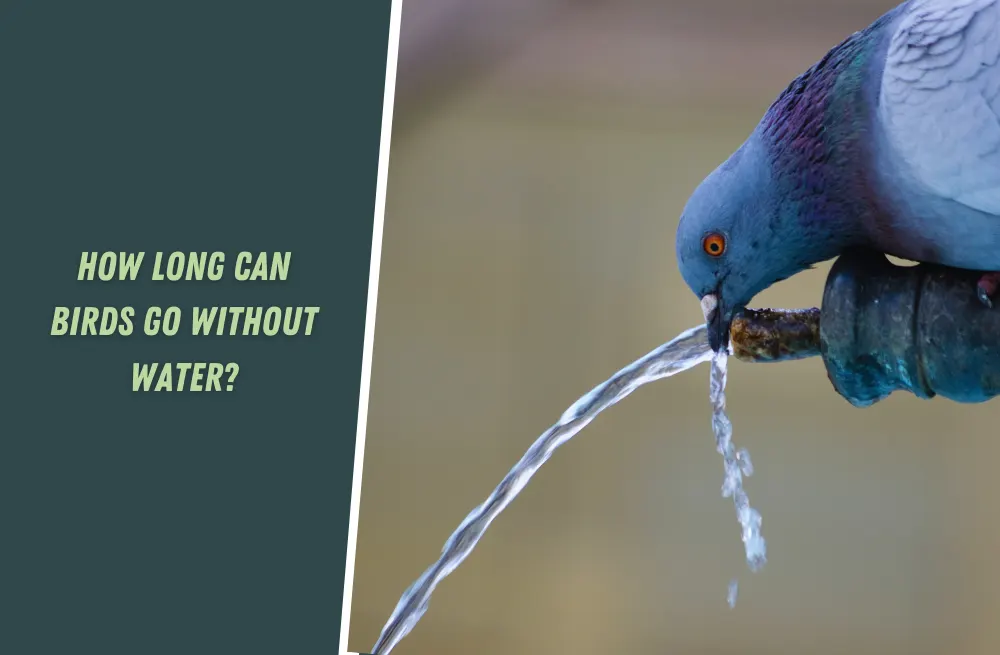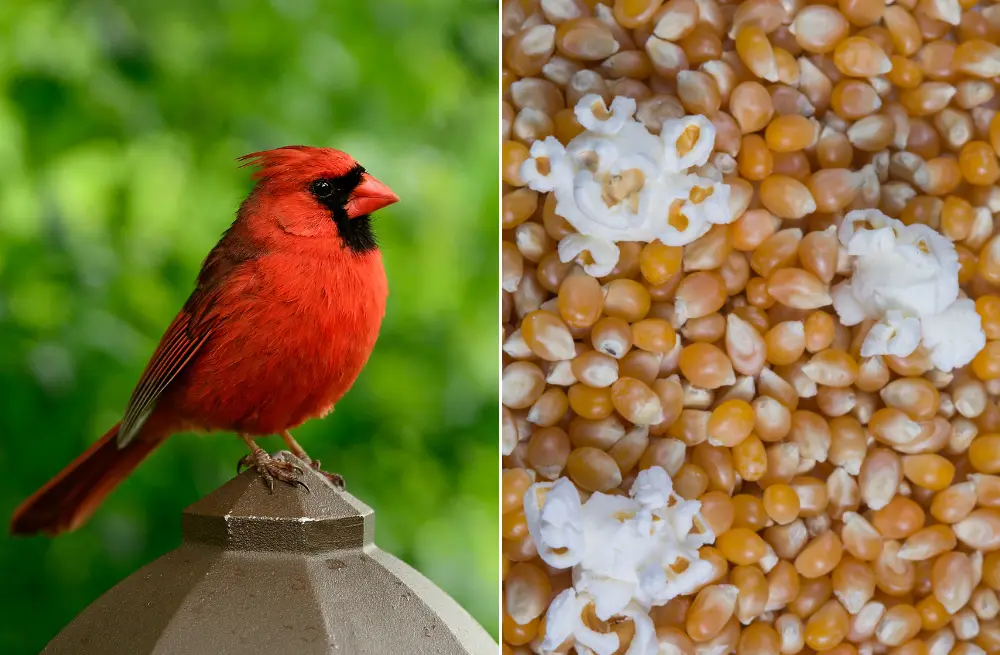Yes, some birds do eat basil. Birds, especially herbivorous and omnivorous species like finches, canaries, and many parrots, may be attracted to green leafy plants like basil, both for their nutritional value and taste. While not all birds will choose to consume basil, those that do generally find it safe to eat.
Basil, the fragrant herb that has become a staple in kitchens around the world, is celebrated for its aromatic presence in dishes and its multiple health benefits. However, for those who cultivate basil plants at home or are avid bird enthusiasts, a common question often arises: do birds eat basil? Let’s explore this topic in depth.
The Lure of Greenery: Birds and Plants
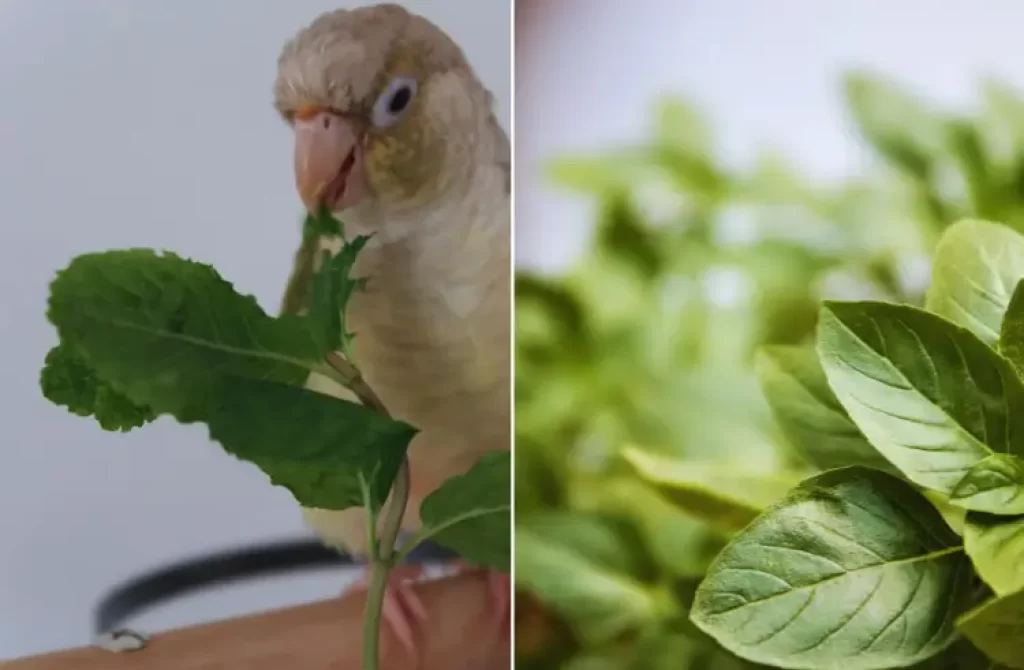
Birds have diverse diets, with some being strictly carnivorous, while others are herbivores or omnivores.
Many birds, especially herbivores and omnivores, are naturally drawn to green plants, both for nutrition and for other purposes such as nest building or play. Basil, being a green leafy plant, can potentially catch the attention of various birds.
Basil: A Potential Bird Snack?
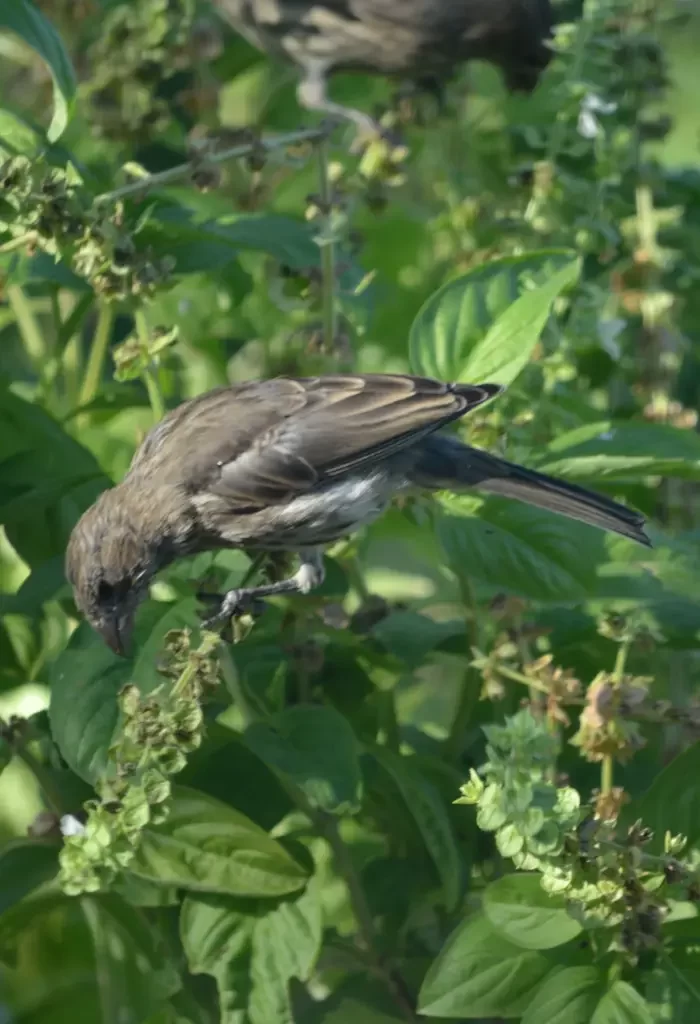
There isn’t extensive research on every bird species’ preference towards basil, but many birds have been observed picking at basil plants. This behavior, however, does not always indicate consumption for nutritional purposes. Birds might be attracted to the movement of the plant in the wind, its color, or even the insects that it attracts.
That being said, some birds do indeed eat basil. Herbivorous birds, like finches and canaries, often incorporate greens into their diet.
If they come across basil, they might very well nibble on it. Omnivorous birds, like many parrot species, also show interest in a variety of plants, basil included.
Is Basil Safe for Birds?
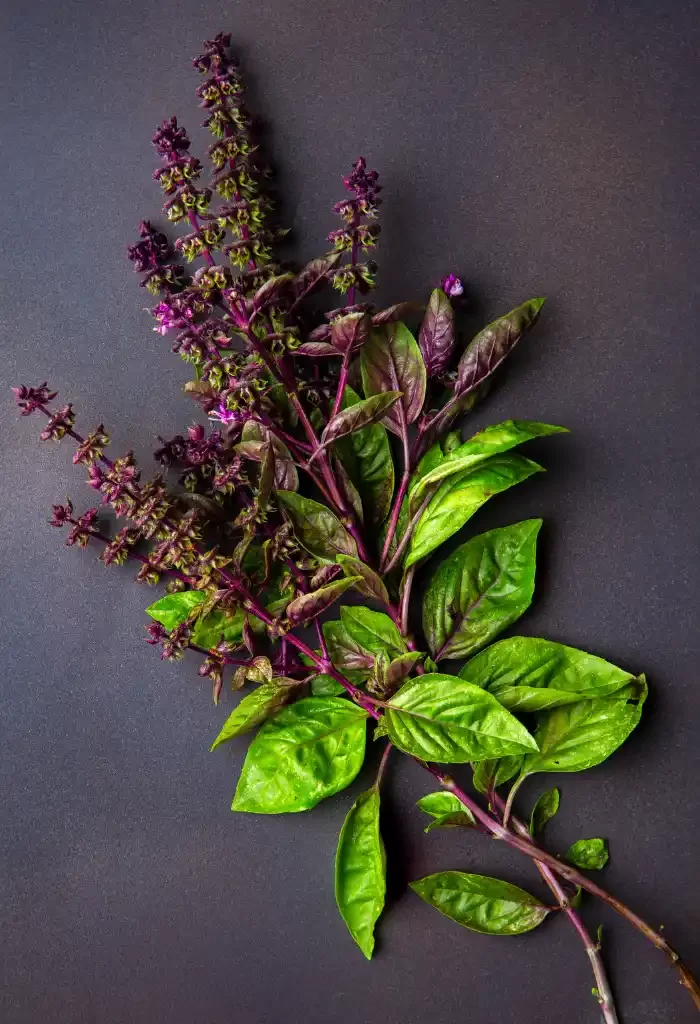
The good news for bird owners and gardeners is that basil is non-toxic to birds. If a bird were to consume basil, it generally wouldn’t harm them.
In fact, many bird enthusiasts offer fresh herbs, including basil, as a part of their pets’ diets to provide them with added nutrition and to stimulate them with varied tastes.
However, it’s essential to ensure that any basil or other plants offered to birds haven’t been treated with pesticides or chemicals. Such substances can be harmful, if not lethal, to birds.
Encouraging Safe Exploration
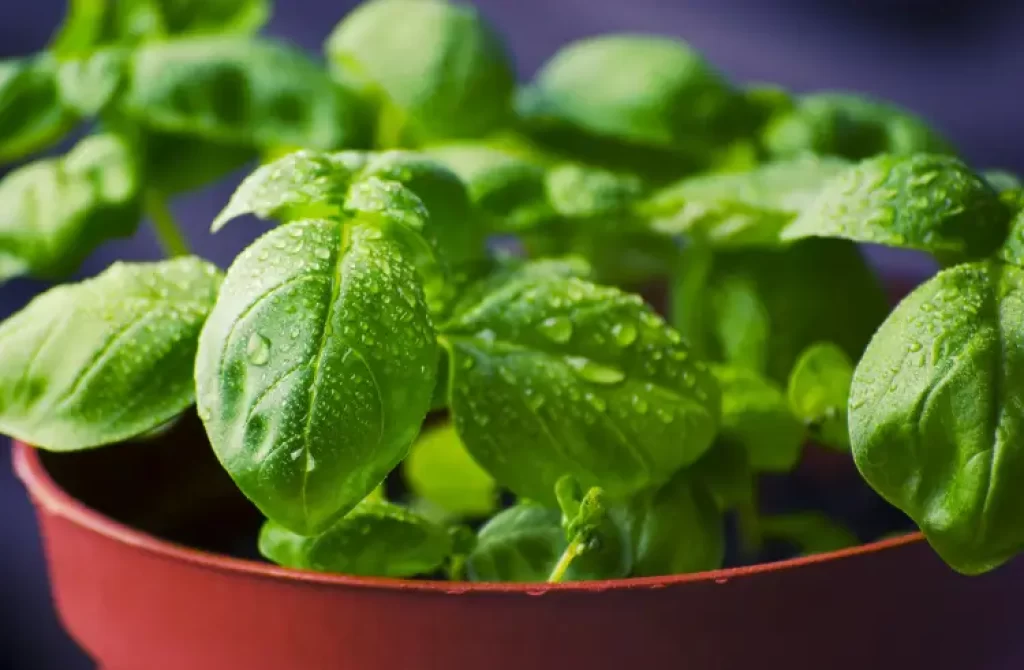
For those interested in introducing basil or any new food to their birds, it’s best to do so gradually and monitor the bird’s reaction. Offering a small basil leaf and observing if the bird shows any interest is a good starting point.
Moreover, always ensure that any plant, including basil, is placed in a location where birds can access it safely. If it’s an outdoor plant, ensure predatory animals or other threats aren’t nearby.
Can birds eat dried basil or should it always be fresh?
From my own experience with pet birds, I’ve tried giving them both fresh and dried basil. My little parakeet, Luna, definitely seemed to prefer the fresh basil.
I think she enjoyed the texture and moisture of the fresh leaves. Whenever I’d hang a sprig in her cage, she’d hop right over, nibbling and playing with it.
I did try dried basil once – it was what I had on hand from the kitchen. Luna was a bit hesitant at first. I sprinkled a bit over her food, and while she didn’t outright reject it, she wasn’t as enthusiastic as she was with the fresh stuff. It’s possible the aroma and texture of dried basil just weren’t as enticing.
One thing I made sure of, whether giving fresh or dried basil, was to ensure it was organic and free from pesticides or any additives.
Birds have such delicate systems, and I always wanted to be extra cautious. If you’re thinking of trying basil for your birds, I’d say start with fresh and see how they like it! And always keep an eye on them to make sure they’re responding well to any new food.
What nutritional benefits does basil offer to birds?
Basil offers several nutritional benefits for birds. It’s a good source of Vitamin K, vital for blood clotting and bone health.
Additionally, basil contains antioxidants, particularly flavonoids, which combat oxidative stress, promoting cellular health.
It also provides Vitamin A for eye health and magnesium for muscle function. Furthermore, basil’s eugenol content offers anti-inflammatory advantages, and its essential oils can exhibit antibacterial properties.
When introducing basil to a bird’s diet, it should be given in moderation, ensuring variety for balanced nutrition. Always monitor your bird for any changes post-consumption.
Are there any plants that are toxic to birds?
Yes, several plants can be toxic to birds. While some may cause mild digestive upset, others can be fatally toxic. If you have birds or allow them to roam freely in your home or garden, it’s crucial to be aware of these plants.
Here’s a list of some commonly known toxic plants for birds:
- Avocado: All parts of the plant, especially the pit, can be toxic to birds.
- Rhubarb: The leaves contain oxalates, which can be harmful.
- Dieffenbachia (Dumb Cane): Can cause oral irritation and difficulty swallowing.
- Philodendron: Contains calcium oxalates, leading to oral irritation.
- Oleander: Highly toxic and can be fatal if ingested.
- Foxglove: Contains toxins affecting the heart.
- Poinsettia: Can cause mild digestive upset.
- Mistletoe: Especially the European species, can be very toxic.
- Azalea: Even a few leaves can cause digestive upset and more severe symptoms.
- Ivy (especially English Ivy): Can lead to digestive upset, hypersalivation, and other symptoms.
This list is by no means exhaustive, and there are many other plants potentially harmful to birds. Always research before introducing new plants into your home or garden, and if unsure, it’s best to err on the side of caution. If a bird ingests a questionable plant, contact a veterinarian immediately.
Are there bird species known to be particularly fond of basil?
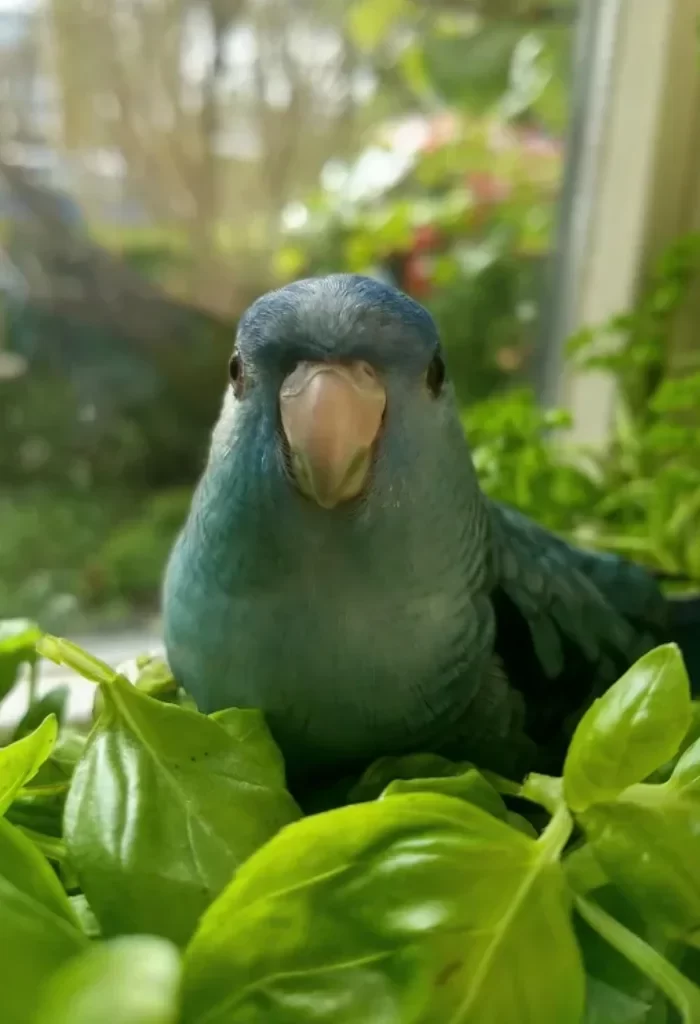
While many birds might nibble on basil if they come across it, there isn’t specific documentation or studies pointing to a particular bird species having a distinct preference for basil over other herbs or plants.
However, some observations can be made based on the general dietary habits of birds:
Herbivorous Birds
Among the avian world, herbivorous birds primarily consume plant-based diets. Species such as finches, canaries, and budgerigars are quintessential examples of this group.
Their natural inclination towards green leafy matter makes them more susceptible to trying out different plants they encounter, including herbs like basil.
In their native habitats or domestic settings, these birds often search for fresh foliage, which provides them with essential nutrients and moisture.
Basil, with its soft leaves and aromatic presence, could very well be an inviting treat for them when they come across it during their foraging activities.
Omnivorous Birds
Parrots, with their vibrant personalities and diverse palates, are typically omnivorous, meaning they consume both plant-based and animal-based foods.
Species such as cockatiels, lovebirds, and the intellectual African greys are known for their adventurous eating habits.
Their diet can span a range of items, from fruits, vegetables, and grains to insects and other small creatures. Such diversity in diet means that they are often open to sampling various foods, including herbs like basil.
For these birds, basil isn’t just about nutrition; its texture, aroma, and even the act of tearing its leaves can be a source of enrichment and entertainment.
Wild Birds
Gardens and farms often play host to an array of wild birds. These free-ranging birds, with their innate curiosity, frequently explore their surroundings in search of food. Basil plants, with their vibrant green foliage, can naturally catch their attention.
While some birds might be drawn to the basil for its leaves, others might be more interested in the tiny insects or dewdrops that the plant might harbor.
Observing wild birds navigate through gardens, it’s not uncommon to see them stopping at various plants, including basil, to peck, play, or feed, driven by various motivations, be it hunger, curiosity, or playfulness.
Do birds prefer certain varieties of basil over others?
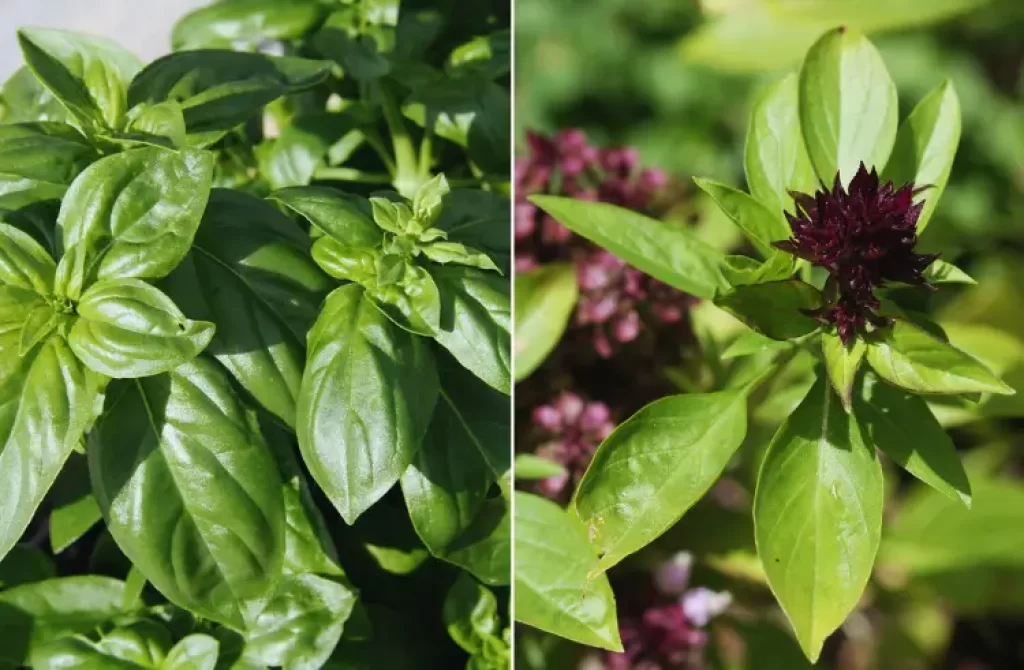
There isn’t extensive scientific research specifically addressing whether birds have preferences for certain varieties of basil over others.
However, basil comes in multiple varieties, each with its own distinct aroma, taste, and texture. Some popular basil varieties include sweet basil, lemon basil, Thai basil, and purple basil.
Birds, especially those in captivity like parrots, have individual tastes, much like humans. Their preference could be influenced by the aroma, texture, or taste of the basil variety presented to them.
For instance, a bird might be intrigued by the citrusy aroma of lemon basil but might be indifferent to the milder sweet basil.
If bird owners are interested in determining their pet’s preference, they could introduce different basil varieties one at a time and observe the bird’s reaction. Just like with any new food, it’s essential to monitor the bird for any changes in behavior or digestive issues after consumption.
Over time, an observant bird owner might be able to discern if their feathered friend shows a particular fondness for one type over another.
Conclusion
So, do birds eat basil? The answer is yes, some birds will nibble on basil, either out of curiosity or as a part of their diet. While not every bird will choose to munch on this herb, basil remains a safe option for those who do.
As always, it’s crucial to provide a safe and chemical-free environment for our feathered friends to explore and enjoy.
If you’re intrigued by the intersection of avian diets and common plants, stay tuned for more insights on what our flying companions prefer to snack on!


